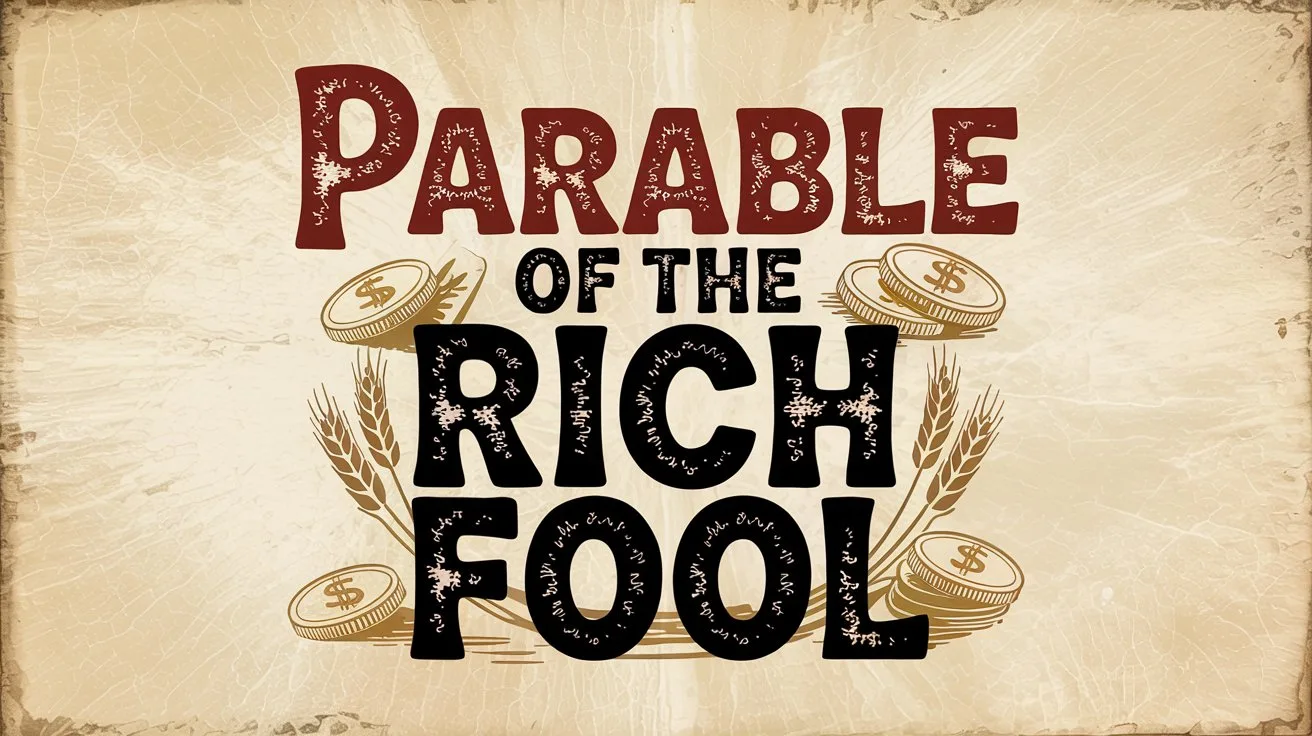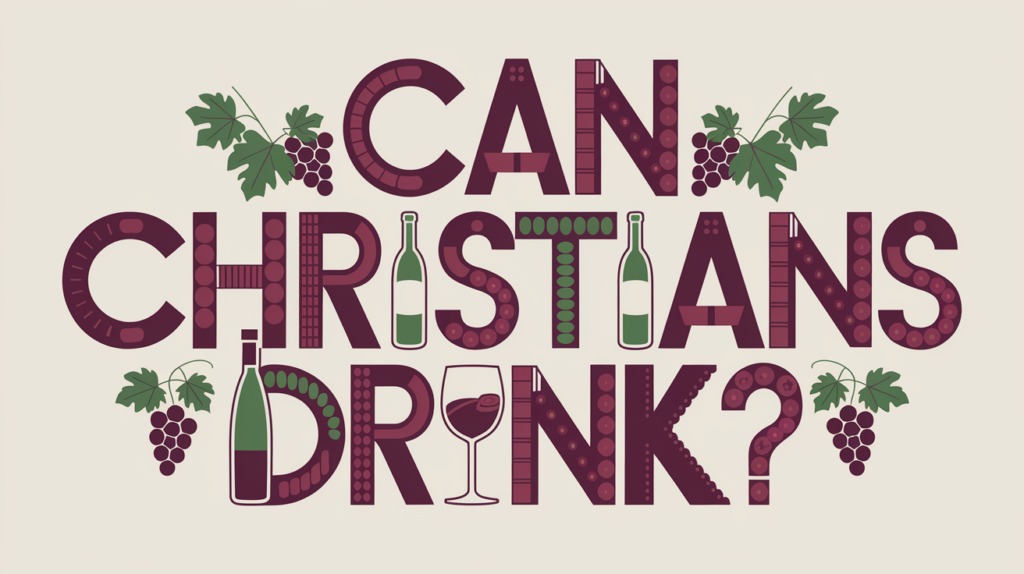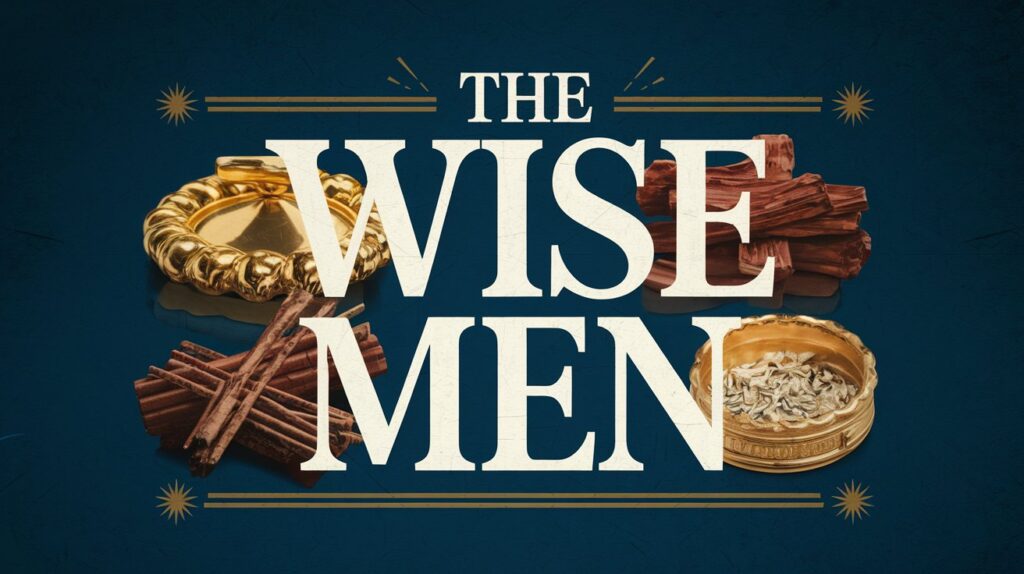Before Jesus tells this parable, He is teaching a large crowd about hypocrisy, fear of man, and the need for eternal perspective. In Luke 12:1, the crowd is described as being so large that they “trampled one another.” Jesus had just warned about covetousness, hypocrisy, and the fear of man in relation to eternal judgment (Luke 12:1–12). Then suddenly, a man interrupts Him with a personal request:
“Then one from the crowd said to Him, ‘Teacher, tell my brother to divide the inheritance with me.’” (Luke 12:13)
Rather than being concerned about the weighty, eternal matters Jesus is preaching, this man is focused on earthly possessions. He treats Jesus like a legal arbitrator rather than the Messiah. Jesus responds directly,
“Man, who made Me a judge or an arbitrator over you?” (Luke 12:14)
Then He uses the opportunity to teach everyone around about the danger of greed.
The Warning: Take Heed and Beware
Luke 12:15
“Take heed and beware of covetousness, for one’s life does not consist in the abundance of the things he possesses.”
Jesus uses two Greek imperatives here:
“Take heed” (ὁρᾶτε, horate), meaning “watch carefully, be vigilant.”
“Beware” (φυλάσσεσθε, phylassesthe), meaning “guard yourself against, protect yourself from.”
He is telling us to actively and continually protect ourselves from covetousness (a strong, insatiable desire for more). Why? Because life (ζωή, zōē) (the essence of being) does not come from possessions, no matter how many a man has.
The Parable Begins: An Abundant Harvest
Luke 12:16
“The ground of a certain rich man yielded plentifully.”
The man is already rich. He already has more than enough. And yet his fields produce even more, not by his labor or strategy, but by God’s providential blessing on the ground. This is important: the text puts emphasis on the land yielding, not the man producing. God controls the harvest, not man.
Luke 12:17-18
“And he thought within himself, saying, ‘What shall I do, since I have no room to store my crops?’ So he said, ‘I will do this: I will pull down my barns and build greater, and there I will store all my crops and my goods.’”
This man thinks to himself (there is no prayer, no counsel, no gratitude to God). His solution is not to give, share, or steward, but to hoard. He has no regard for the poor, no thought of tithes, no fear of God. Notice how self-centered his language is:
“My crops”
“My barns”
“My goods”
There are 11 personal pronouns in 3 verses (vv. 17–19); this is the language of idolatry. His god is himself.
Luke 12:19
“And I will say to my soul, ‘Soul, you have many goods laid up for many years; take your ease; eat, drink, and be merry.’”
He plans for comfort and pleasure, assuming that his time belongs to him. This is a mirror of Ecclesiastes 8:15, where the ungodly pursue eating and drinking for enjoyment, ignoring judgment. It’s also a warning against the mindset condemned in James 4:13-15:
“You do not know what will happen tomorrow… instead you ought to say, ‘If the Lord wills, we shall live and do this or that.’”
Now, continuing in Luke:
Luke 12:20
“But God said to him, ‘Fool! This night your soul will be required of you; then whose will those things be which you have provided?’”
God calls him “fool” (ἄφρων, aphron), meaning without understanding, senseless, lacking spiritual perception. This word is severe. It is not about being unintelligent; it is about living as if God does not exist.
Psalm 14:1 says,
“The fool has said in his heart, ‘There is no God.’”
This rich man lived as a practical atheist, though he may have acknowledged God with his lips. God says, “This night your soul will be required of you”, a phrase that pictures a summons, as if his soul is being called before a divine court. Everything he trusted in (barns, goods, plans) now belongs to someone else.
Luke 12:21
“So is he who lays up treasure for himself, and is not rich toward God.”
This is the final blow: there is no sin in having wealth; the sin is in laying it up for yourself, with no thought of eternity or of God’s purposes. Being “rich toward God” means investing in eternal things (faith, obedience, charity, worship, and honoring the Lord with your substance (Proverbs 3:9-10)).
Jesus is not condemning possessions; He is condemning covetousness, self-worship, and the lie that our lives are measured by what we own.
My Final Thoughts
The parable of the Rich Fool is a warning not against riches, but against idolatry of possessions and the foolishness of living without eternal perspective. This man mistook blessing for approval, success for security, and time for a guarantee. He planned for everything except eternity.
In a world obsessed with wealth, investments, and retirement plans, Jesus calls us to be rich toward God, to store up treasure in heaven where moth and rust do not destroy (Matthew 6:19-21). Because in the end, the only riches that matter are those invested in the eternal kingdom of Christ.





 Get the book that teaches you how to evangelize and disarm doctrines from every single major cult group today.
Get the book that teaches you how to evangelize and disarm doctrines from every single major cult group today.